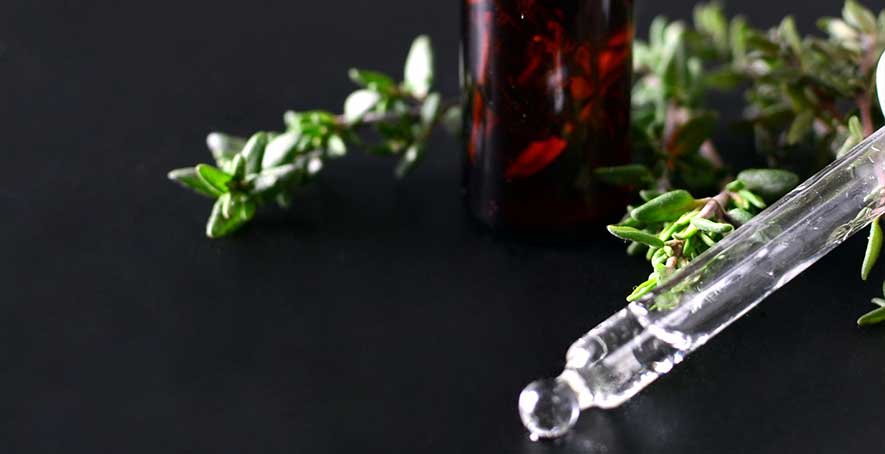Your Cart is Empty
🎄INTERNATIONAL ORDERS CLOSE ON 12th DEC & DOMESTIC ORDERS CLOSE ON 19TH DEC FOR GUARANTEED CHRISTMAS DELIVERY - XMAS20 FOR 20% OFF ALL ORDERS🎄

Historically, essential oils have been avoided by us here at Vanacci. Lockstone simply wasn't intended to be used with them and, as such, we were missing out on a world of fragrance that is radically different to that of perfume in the modern sense.
With the arrival of our new pendants, capable of taking on essential oils, we thought it was best to create a guide looking at the history, usage and varieties of essential oil.
In this first instalment, we'll take a look at the history of essential oils, their origins and uses in the ancient world up to the modern day.
First of all, let's cover what an essential oil actually is. Essential oils are derived from plants, taking the compounds that attract insects, such as bees, and produce the most pleasing aromas, to most creatures capable of scent that is. The oil is literally the essence of the plant, whether tree, flower, herbs or whatever botanical format it may have taken.
Concentrating the essence into an oil, its usage dates back millennia, with records showing essential oil distillation and use in Ancient Egypt, Persia, Greece, the Roman Empire and throughout the Middle Ages across Europe. Whether used for medicinal reasons (it was often believed bad smells spread disease one such instance being malaria, from Mala Aria, or 'bad air'), rituals or just to smell better than before (which must have been desirable in the pre-bath eras), essential oils and perfumes have permeated the noses of civilisations for thousands of years.
Perfume containers were found in Egyptian tombs, essential oils were used in medicine across Persia and Greece and began to make a more...sensual impact as they became popular among the wealthy in Europe.
Essential oils have formed the history of perfume, with early distillation techniques discovered in Persia giving rise to a wider access to perfume. Despite still being in the realm of the rich and powerful, perfumes were making headway in society and up until the discovery of bacteria, heavy scents were favoured to block body odours. Suddenly, upon the realisation that bathing could keep germs at bay, the need for heavy scents diminished and a market for light, fresher fragrances was born.
Next time, we'll be taking a look at some of the most well known oils: frankincense, lavender, eucalyptus, bergamot and oud.
Comments will be approved before showing up.